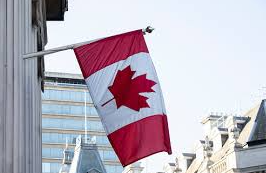
As Assad’s Regime Collapses, US Policy Faces a Crossroad
Donald Trump, while attending a Paris summit last weekend, reflected on Syria’s turmoil as Islamist fighters advanced towards Damascus, marking the fall of President Bashar al-Assad’s regime. Seated with world leaders, Trump reiterated his non-interventionist position, stating on Truth Social: “Syria is not our fight. Let it play out.”
This stance underscores Trump’s campaign promise to avoid Middle Eastern conflicts. However, the power vacuum left by Assad’s fall and the rise of Hayat Tahrir al-Sham, a group labelled terrorist by the US, raises complex challenges. Trump’s nominee for National Security Adviser, Mike Waltz, emphasised prioritising US interests such as combating the Islamic State, safeguarding Israel, and bolstering Gulf allies.
Despite isolationist rhetoric, Trump’s team, including figures like Tulsi Gabbard, suggests a nuanced approach. The US military’s current presence, aiding Syrian Democratic Forces in counterterrorism and curbing Iran’s influence, could complicate withdrawal plans. Critics warn that abrupt disengagement risks regional instability and emboldens adversaries.
As Trump eyes diplomatic breakthroughs, like normalising Saudi-Israeli relations, the tension between isolationist ideals and strategic imperatives looms large. Will the US truly step back, or will ground realities necessitate a recalibration of its Syria policy?










